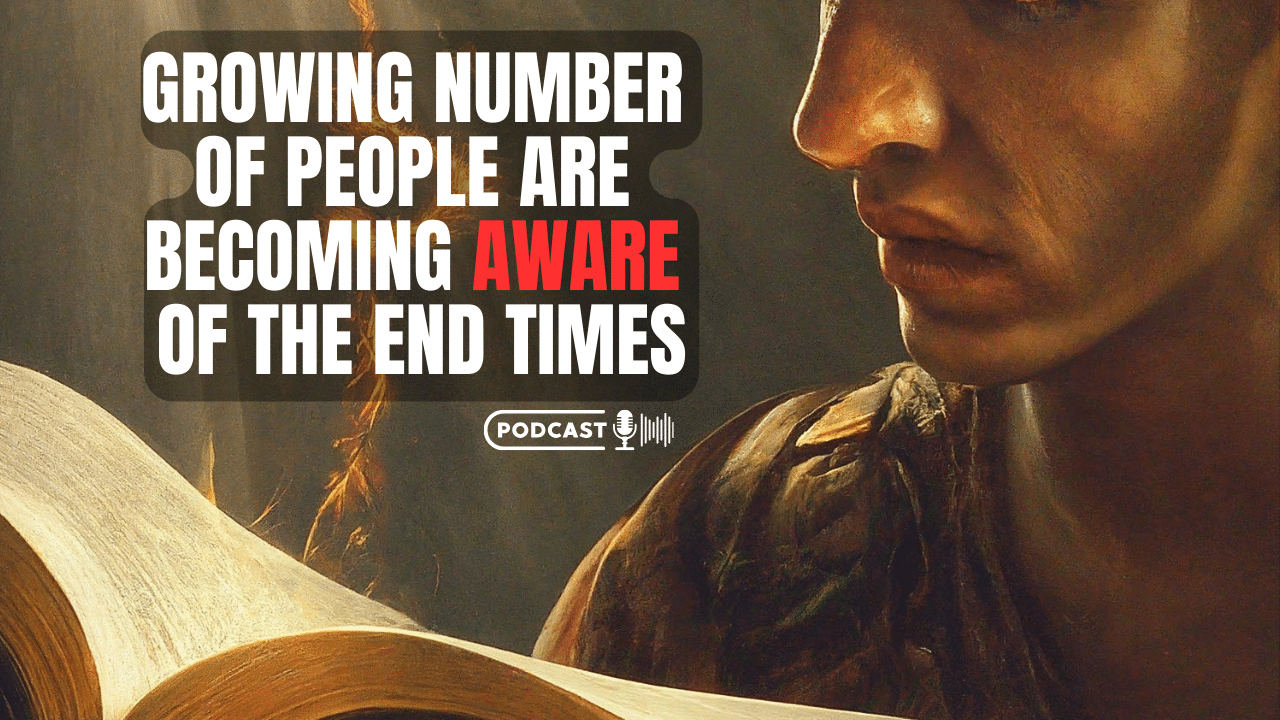(OPINION) It appears that the people running our system have decided it is time for a wave of consolidation in the banking industry. A key program keeping U.S. banks afloat was allowed to expire last month, and everyone knew what that would mean.
On Friday, the FDIC quietly announced that Republic Bank had been seized and a sale to Fulton Bank had already been arranged. Have you noticed that they often try to announce bad news like this on Friday?
By the time news of the failure of Republic Bank broke, many people had already started their weekends. And the FDIC probably assumes that most people will have forgotten all about this by Monday morning. But this was a big deal, and more dominoes will soon start to fall.
At the time it was seized, Republic Bank had 32 branches in New Jersey, Pennsylvania, and New York. The following comes directly from the FDIC announcement issued on Friday…
Philadelphia-based Republic First Bank (doing business as Republic Bank) was closed today by the Pennsylvania Department of Banking and Securities, which appointed the Federal Deposit Insurance Corporation (FDIC) as receiver.
To protect depositors, the FDIC entered into an agreement with Fulton Bank, National Association of Lancaster, Pennsylvania, to assume substantially all of Republic Bank’s deposits and purchase substantially all of its assets.
Republic Bank’s 32 branches in New Jersey, Pennsylvania, and New York will reopen as branches of Fulton Bank on Saturday (for branches with normal Saturday hours) or Monday during normal business hours.
This evening and over the weekend, Republic Bank depositors can access their money by writing checks or using ATM or debit cards.
Checks drawn on Republic Bank will continue to be processed, and loan customers should continue to make their payments as usual.I think a pattern is emerging that we will likely continue to see for future bank failures.
Before this seizure was announced, an agreement had already been made for a larger bank to acquire Republic Bank’s assets.
Of course, taxpayers didn’t exactly get off scot-free in this deal. According to the FDIC, this agreement will cost the Deposit Insurance Fund 667 million dollars…
As of January 31, 2024, Republic Bank had approximately $6 billion in total assets and $4 billion in total deposits. The FDIC estimates that the Deposit Insurance Fund (DIF) will be costed $667 million due to Republic Bank’s failure.
The FDIC determined that compared to other alternatives, Fulton Bank’s acquisition of Republic Bank is the least costly resolution for the DIF, an insurance fund created by Congress in 1933 and managed by the FDIC to protect the deposits at the nation’s banks.
If only a few banks fail this year, the Deposit Insurance Fund will be able to handle it. But what is going to happen if dozens of banks start to fail? (READ MORE)


















